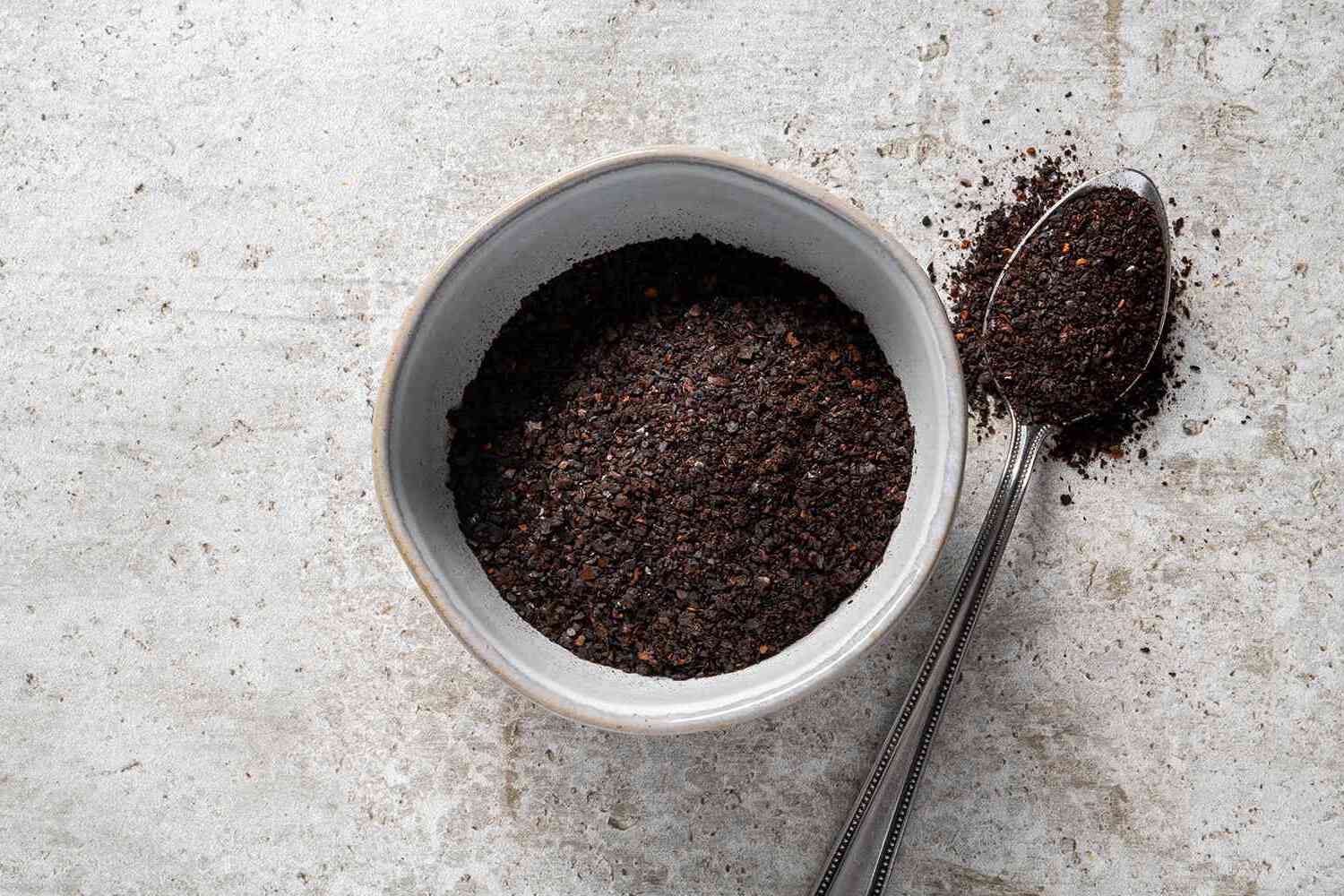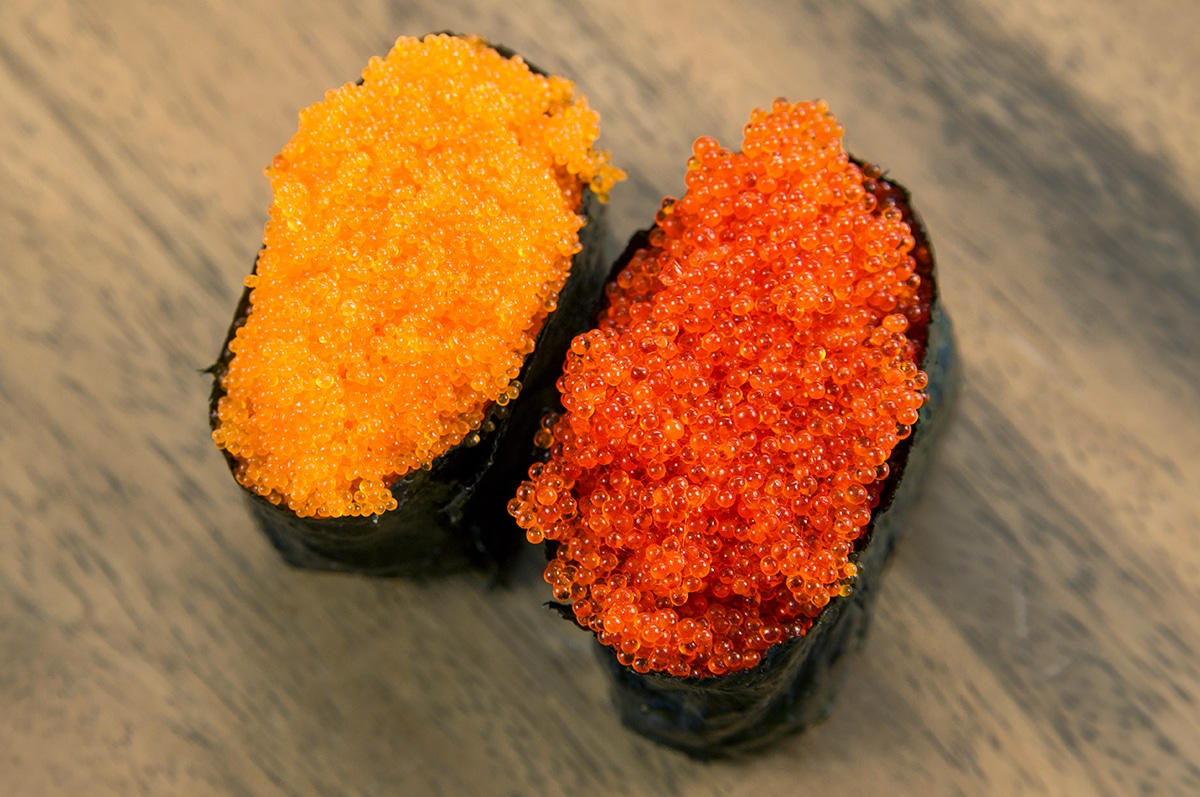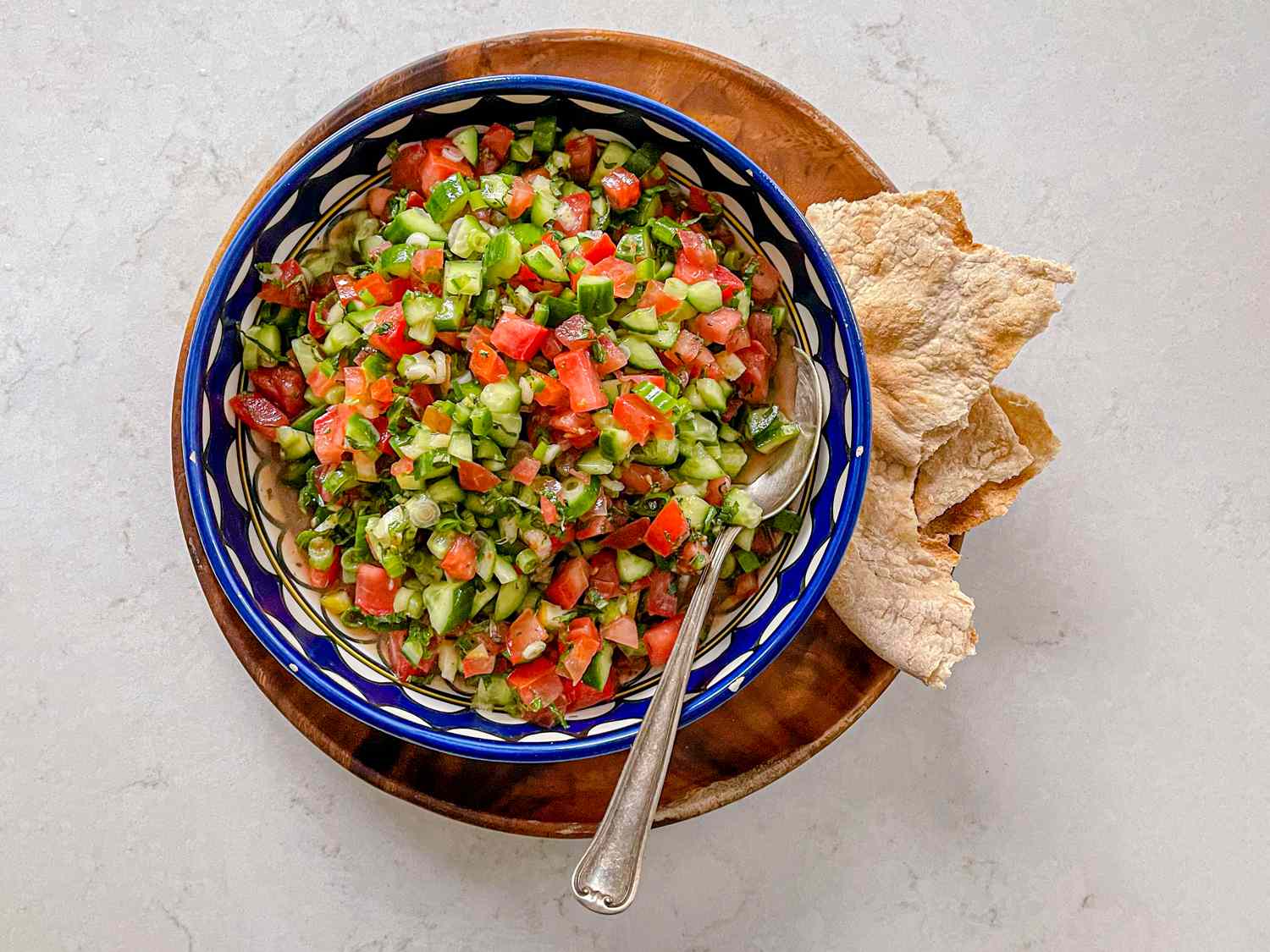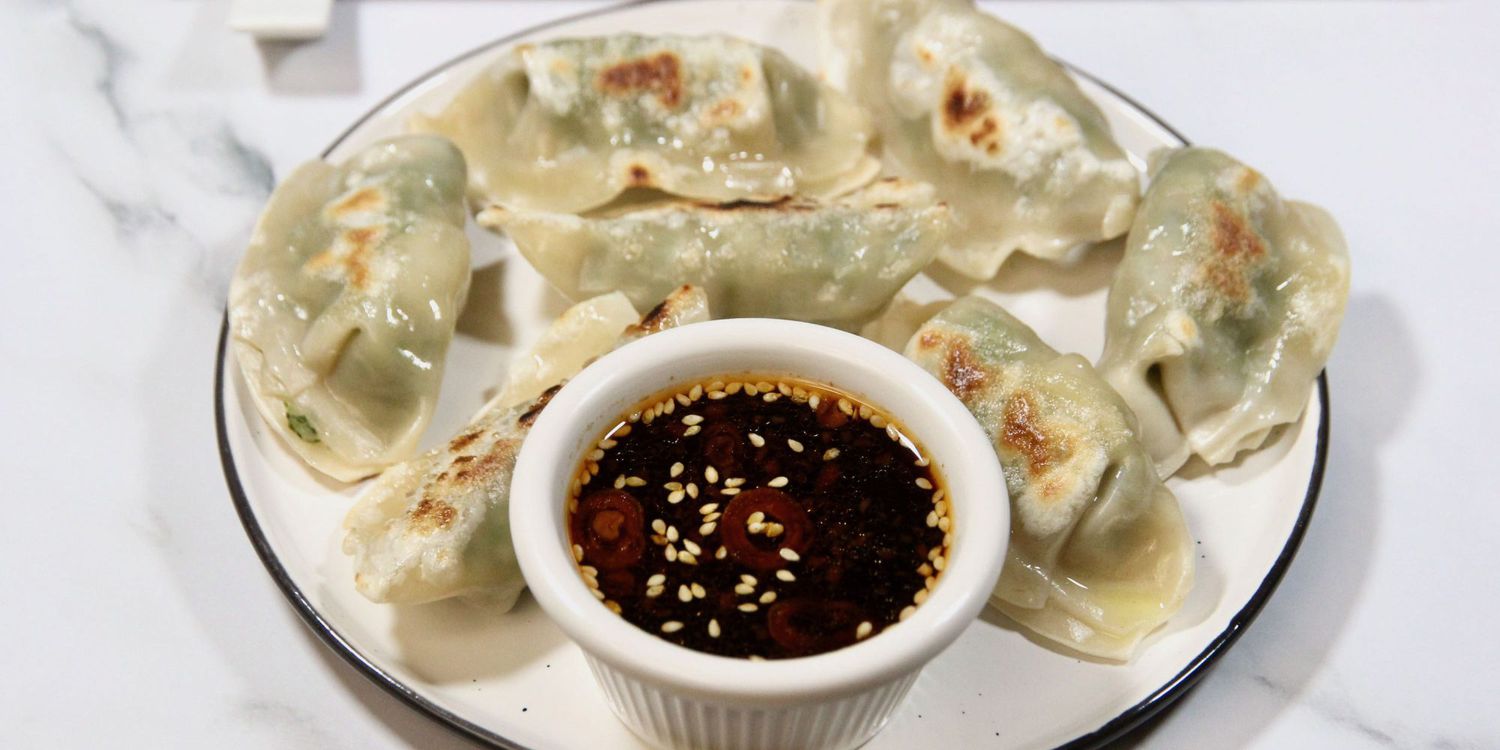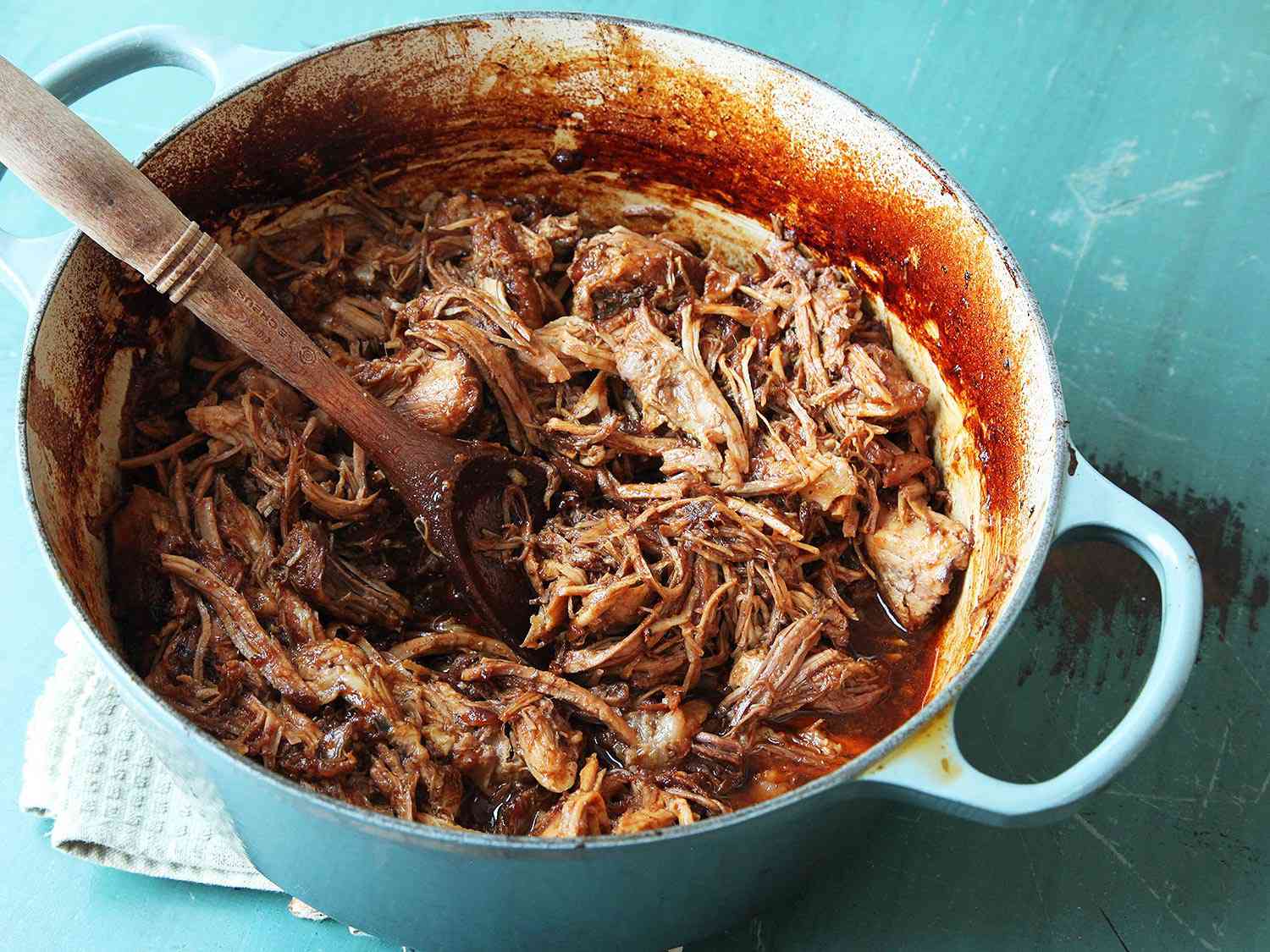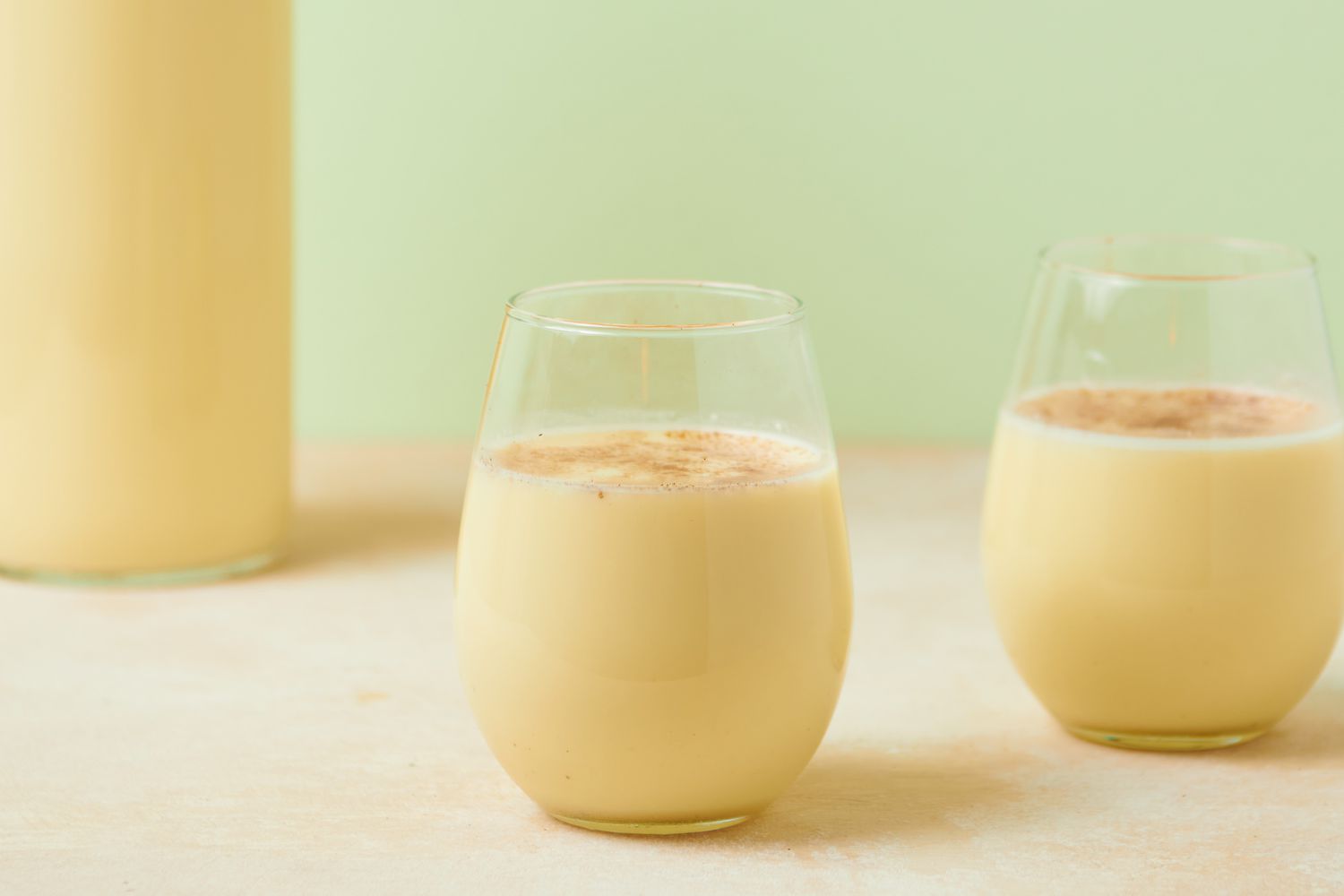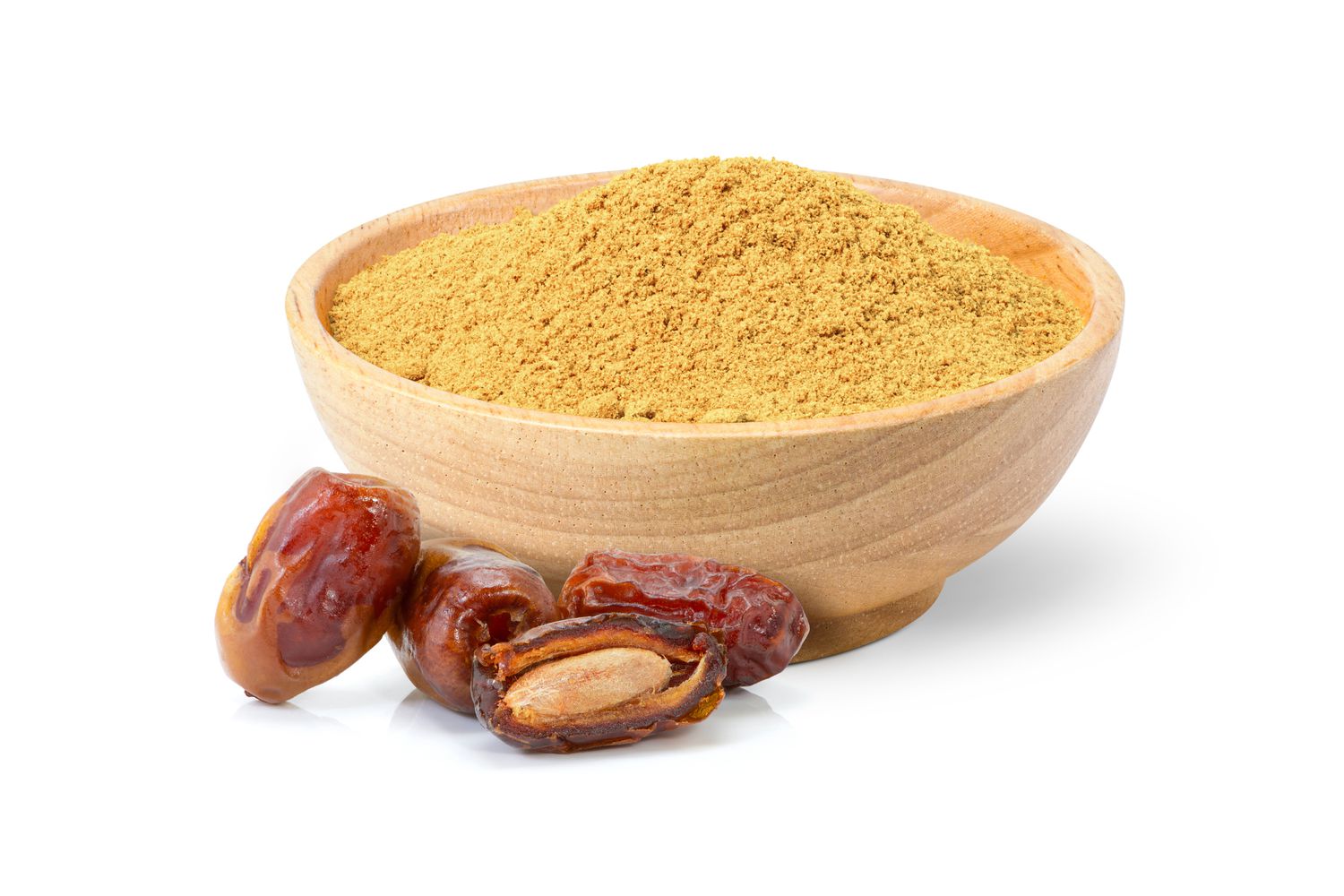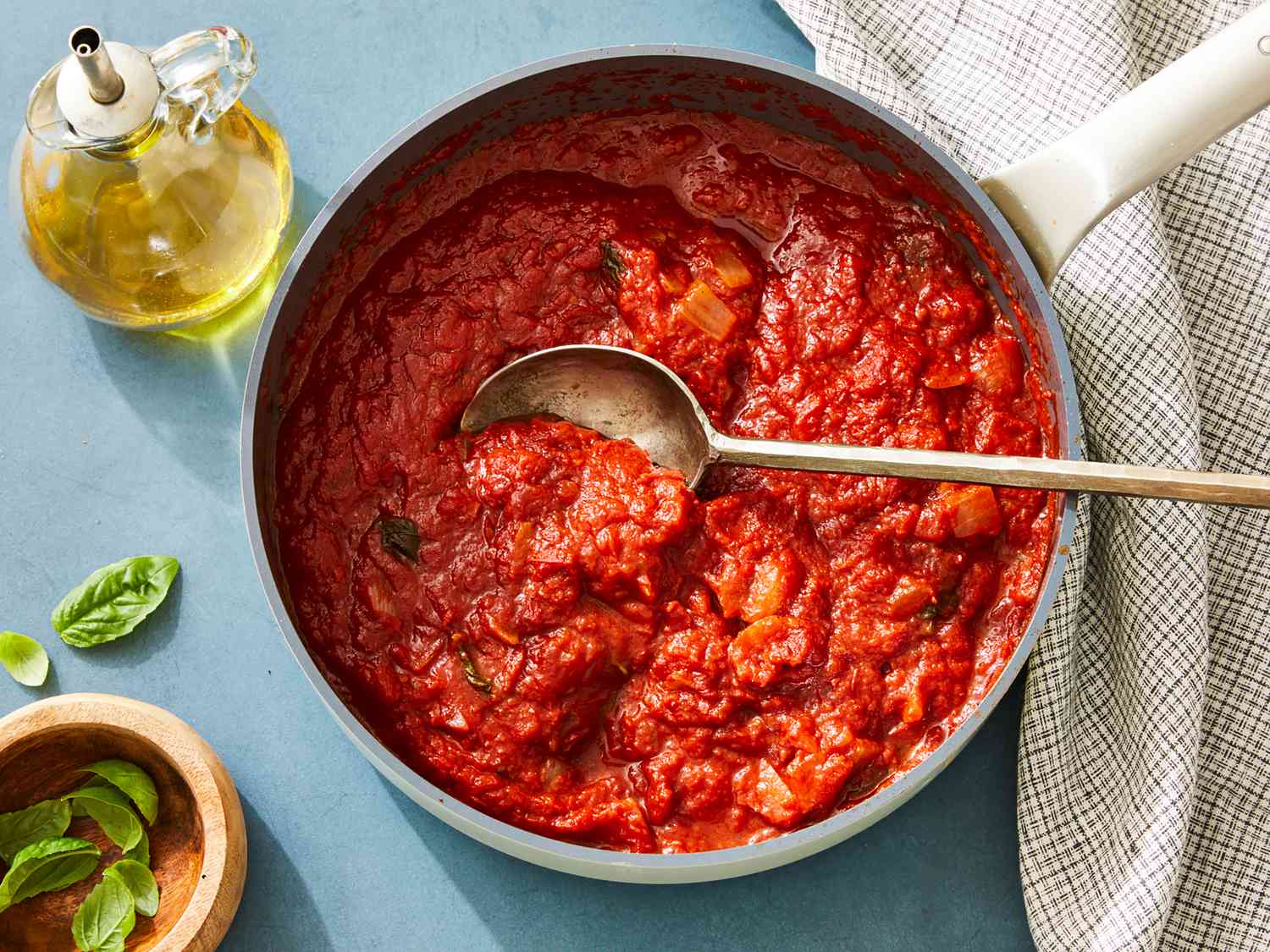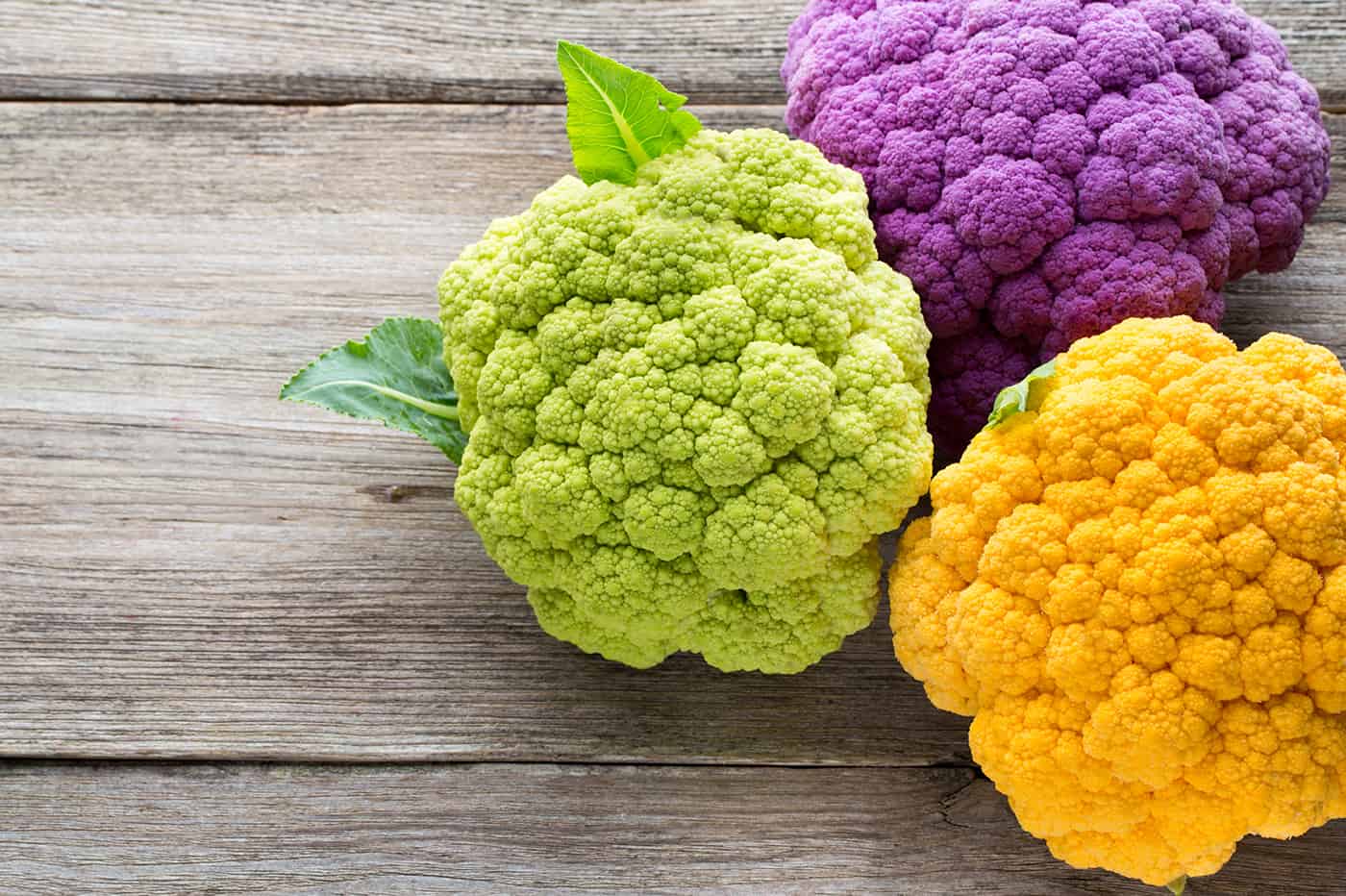Understanding Rennet: A Key Ingredient in Cheese Making
Have you ever wondered how cheese is made? One of the key ingredients in the cheese-making process is rennet. Rennet is a complex of enzymes that plays a crucial role in coagulating milk to form cheese. Let’s delve into the world of rennet and explore its significance in the art of cheese making.
What is Rennet?
Rennet is a natural complex of enzymes that is traditionally derived from the stomach lining of young calves. These enzymes, particularly chymosin, help coagulate milk by causing the milk proteins (casein) to form a solid mass, which is essential for cheese production. While traditional rennet is sourced from animal stomachs, there are also vegetarian-friendly alternatives available, such as microbial or plant-based rennet.
The Role of Rennet in Cheese Making
When making cheese, rennet is added to the milk to initiate the coagulation process. The enzymes in rennet work by breaking down the bonds between the casein proteins, causing them to clump together and form curds. These curds are then cut and heated to release the whey, resulting in the formation of the cheese curds.
Without rennet, the milk would remain in a liquid state, making it impossible to create the solid texture that is characteristic of cheese. Therefore, rennet is a crucial component in the cheese-making process, playing a vital role in determining the texture and flavor of the final product.
Types of Rennet
There are several types of rennet available, each with its own unique characteristics and applications:
- Animal Rennet: Traditional rennet sourced from the stomach lining of young calves. It is widely used in the production of many types of cheese.
- Microbial Rennet: Produced from genetically modified microorganisms, this vegetarian-friendly alternative is suitable for individuals who prefer not to use animal-derived products.
- Plant-Based Rennet: Derived from plants such as thistle or fig, this type of rennet is another vegetarian-friendly option for cheese making.
Importance of Rennet in Cheese Making
Rennet plays a crucial role in the cheese-making process, as it is responsible for transforming liquid milk into solid cheese. The coagulation process initiated by rennet is essential for creating the desired texture and structure of the cheese. Additionally, the use of rennet contributes to the development of unique flavors and characteristics in different types of cheese, making it an indispensable ingredient in the art of cheese making.
Conclusion
Understanding the role of rennet in cheese making provides insight into the intricate process of creating this beloved dairy product. Whether sourced from animal, microbial, or plant-based sources, rennet remains a fundamental component in the art of cheese making, shaping the texture and flavor of the final product. The next time you enjoy a delicious piece of cheese, take a moment to appreciate the role of rennet in bringing that delightful creation to your table.
So, the next time you savor a slice of cheese, remember the essential role that rennet plays in bringing that delightful creation to your table.
Was this page helpful?
Read Next: What Is The Best Way To Cook Asparagus
